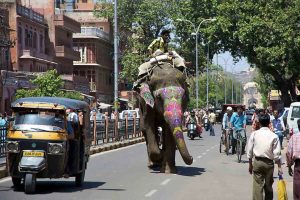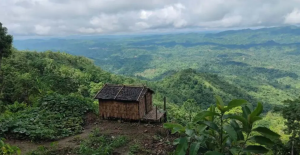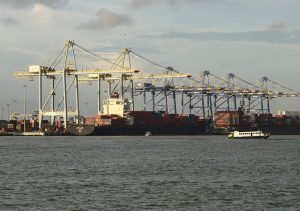
Profit With Purpose: Why Sustainability Must Pay To Scale
Sustainability initiatives can only achieve large-scale impact if they are financially viable and commercially attractive. Naresh Tyagi of the Indian Chemical Council (ICCS) stresses that while environmental responsibility is critical, businesses will adopt green practices more widely when they align with profitability, cost efficiency, and long-term competitiveness. The article underscores the need for policy support, innovation, and industry collaboration to create market-driven sustainability solutions, particularly in energy transition, resource efficiency, and circular economy practices. It concludes that making sustainability economically practical is essential for accelerating India’s broader climate and industrial goals.










